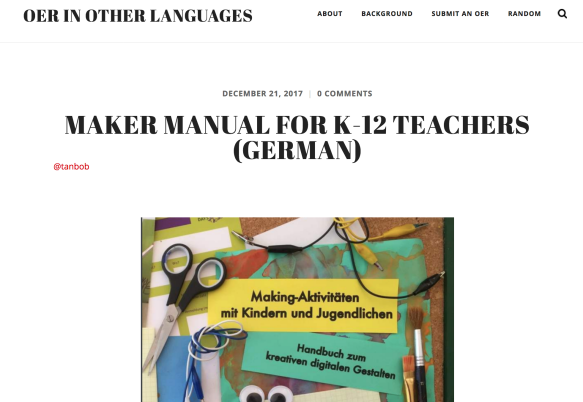At this year Ed-Media conference in Amsterdam we published our research work about „Kissed by the Muse: Promoting Computer Science Education for All with the Calliope Board“.
Abstract:
A critical approach to new technologies requires a general understanding of the logical and technical aspects behind them. In the German-speaking part of Europe, we experience, that computer science education in school is still considered less important than other scientific subjects, especially in secondary and primary school. This is particularly disadvantageous for girls, as they stick to gender stereotypes and social expectation and do not opt for a male-dominated career path. To foster kids and teenagers’ interest in science, technology and particularly in programming, we believe, that active encouragement in school and hands-on experience play a vital role. Visual programming languages, age-appropriate development environments and educational robots or boards like the Calliope mini allow an easy entry into this field. To impart coding skills and to practise computational thinking, the Graz University of Technology offered workshops with the title “Coding with the Calliope mini – a playful approach to the digital world”. The aim of the paper is to present the Calliope initiative and to describe the importance of extracurricular offers to promote computer science education for boys and girls. The outcome of the study shows that the Calliope mini can boost programming activities and attract students. Nevertheless, the results show, that it does not influence teenage girls’ decisions for their future life and career, which correspond to gender stereotypes.
Reference: Grandl, M. & Ebner, M. (2018). Kissed by the Muse: Promoting Computer Science Education for All with the Calliope Board. In Proceedings of EdMedia: World Conference on Educational Media and Technology (pp. 606-615). Amsterdam, Netherlands: Association for the Advancement of Computing in Education (AACE).

